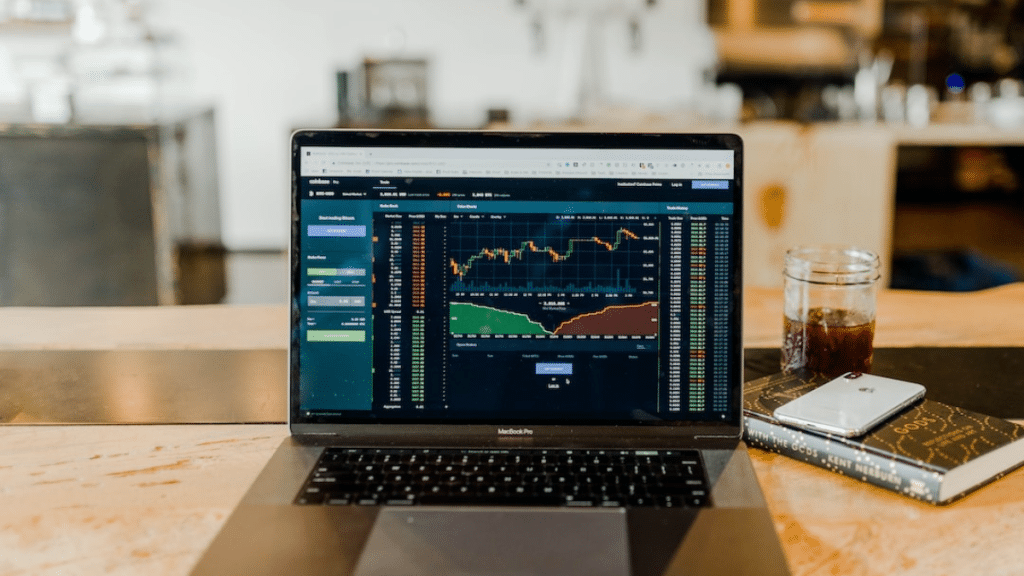Forex trading, short for foreign exchange trading, is the act of buying and selling currencies in the global marketplace. With a daily trading volume exceeding $7 trillion, the Forex market is the largest and most liquid financial market in the world. Yet, for many beginners, Forex remains a mystery—a fast-paced, 24/5 market that seems both full of opportunity and risk.
In this article, we’ll break down the essentials of Forex trading, what makes it unique, and how you can get started with confidence.
What Is Forex Trading?
At its core, Forex trading is the exchange of one currency for another. These exchanges happen in currency pairs, such as EUR/USD (Euro/US Dollar), USD/JPY (US Dollar/Japanese Yen), and GBP/USD (British Pound/US Dollar). When you trade Forex, you’re speculating on whether the base currency will rise or fall in value against the quote currency.
For example, if you believe the Euro will strengthen against the US Dollar, you’d buy the EUR/USD pair. If the Euro does increase in value, you can sell it later for a profit.
Unlike stock markets, Forex operates over-the-counter (OTC), meaning there’s no central exchange. Instead, trading happens directly between participants via computer networks. This global network allows Forex to operate 24 hours a day, five days a week.
Why Is Forex So Popular?
Forex trading has gained tremendous popularity in recent years, especially among retail traders. Here’s why:
You don’t need a large capital to start. Many brokers offer micro-accounts that let you trade with as little as $50. Plus, the availability of demo accounts means you can practise before risking real money.
With trillions of dollars traded daily, you can enter and exit trades quickly without worrying about slippage or gaps—especially in major currency pairs.
Forex brokers often offer significant leverage (sometimes up to 1:500), allowing traders to control large positions with relatively small capital. But leverage is a double-edged sword—it amplifies both gains and losses.
Most Forex brokers don’t charge commissions. Instead, they make money through the spread—the small difference between the buying and selling price.
From short-term scalping to long-term trend trading, Forex accommodates a wide range of trading styles. You can use technical analysis, fundamental analysis, or a mix of both.
Understanding the Risks
While Forex trading offers high reward potential, it’s not without risk. Volatility can work for or against you, and using high leverage without a sound risk management strategy can lead to significant losses.
Emotional trading—making decisions based on fear or greed—is another common trap for new traders. Discipline, patience, and education are key to success in this market.
How to Get Started
If you’re new to Forex, here’s a simple roadmap to begin your journey:
Start with free resources, tutorials, and trading courses. Understand how the market works, what moves currency prices, and how to read charts.
Look for a regulated Forex broker with a strong reputation. Pay attention to their spreads, leverage options, customer support, and trading platform.
Practise trading with virtual money. This lets you get familiar with the trading platform and test strategies without any risk.
A solid plan outlines your goals, risk tolerance, entry and exit strategies, and money management rules. Stick to your plan and review your performance regularly.
Economic news, central bank announcements, and geopolitical events can cause major price movements. Use an economic calendar and follow financial news to stay ahead.
Learn From the Experts
Whether you’re just starting or already familiar with Forex, having access to quality tools and unbiased reviews can make a big difference. For in-depth guides, broker reviews, trading calculators, and market insights, visit thefxgeek.com. It’s a go-to resource for traders looking to gain a competitive edge in the market.
Final Thoughts
Forex trading is an exciting opportunity to participate in a dynamic and global financial market. With the right mindset, ongoing education, and a clear strategy, you can build a profitable trading journey. But remember, success in Forex doesn’t happen overnight—it takes time, discipline, and continuous improvement.
Start small, stay curious, and treat trading as a skill to be developed—not a get-rich-quick scheme. The markets will always be there. The question is: will you be ready?
